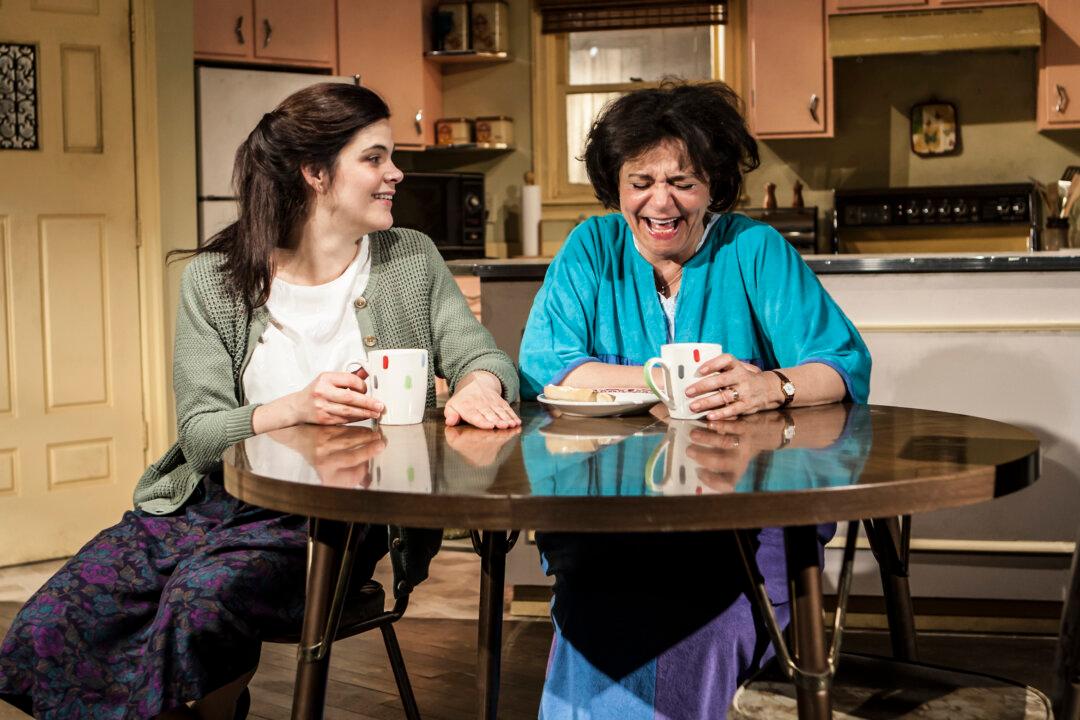NEW YORK—What exactly is a nice girl? Isn’t she someone who is always sweet and accommodating? Who thinks more of others than of herself? Who places her own needs last?
Such a one is Josephine Rosen (Diane Davis), living in a Boston suburb in 1984. Jo, in her late 30s, is unmarried and still lives at home. She’s with her widowed mother, Francine (Kathryn Kates). And somewhere along the way, Jo promised her now-deceased dad that she would look after her mom after her father passed away.
And is Jo happy about the way her life is going? Absolutely not. She is miserable!
Diane Davis's Jo is sweet, sullen, passive, and aggressive, but in whatever mood, Davis is always appealing.





